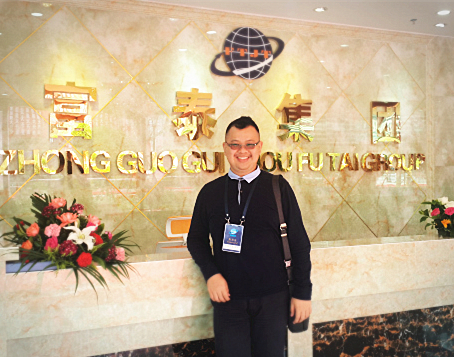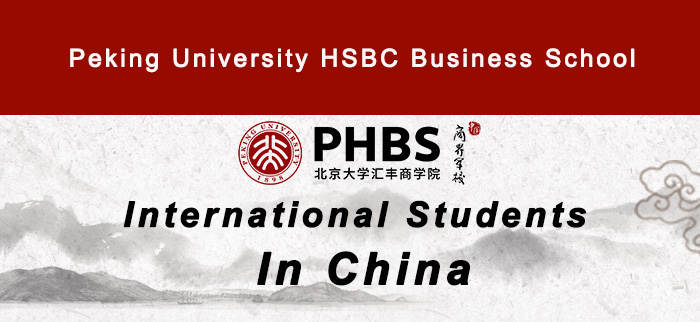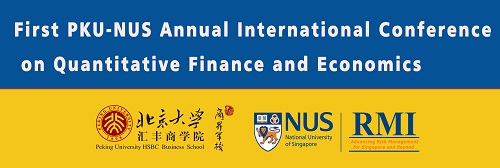Cross-Border Acquisitions and the Asymmetric Effect of Power Distance Value Difference on Long-Term Post-Acquisition Performance
ARCITLE | Strategic Management Journal | Vol. 38, 2017
Abstract
Research summary
Inconclusive findings about the effect of national cultural differences on post-acquisition performance may be created by the failure to distinguish among the different cultural dimensions and the asymmetry of cultural differences. To demonstrate a different approach, this study focuses on one dimension of national cultural values—power distance value (PDV) and develops a framework for the asymmetric effect of PDV differences in creating two types of conflicts. The analysis of 2,115 cross-border acquisitions in the global information technology industry shows that PDV differences undermine the long-term post-acquisition performance of acquirers. This effect is stronger when acquirers are higher than targets in PDV than when the opposite is the case. This asymmetric effect of PDV difference depends on national status difference, business relatedness, and acquisition experience.
Managerial summary
National cultural differences can create “cultural clashes” to undermine the value creation by cross-border acquisitions. During integration, individuals react to the acquirer-target hierarchy according to their respective power distance value (PDV): the extent to which they value equality (low PDV) or hierarchy (high PDV). PDV divergence results in two types of conflicts, depending on whether acquirers are higher or lower than targets in PDV. The two types of conflicts vary in the magnitude of their harmful effect on post-acquisition performance. Both types of conflicts are more detrimental when acquirers are higher than targets in country status and when individuals need to interact more intensely. Acquisition experience can both help and harm post-acquisition performance. These findings offer important implications for managing cross-border acquisitions.
-
 International Student Profile: Kevin Kurnia
International Student Profile: Kevin KurniaOct 12 2017
-
 PHBS Opening a Campus in UK: Se...
PHBS Opening a Campus in UK: Se...Feb 22 2017
-
 PHBSers: Wishing You a Better Year Ahead!
PHBSers: Wishing You a Better Year Ahead!Dec 30 2016
-
Yeujun Yoon: Rise to Challenges and Find the True Calling
Time:Feb 23 2018
-
PHBS Exchange Students: Heavier Luggage, Fuller Hearts
Time:Jan 23 2018
-
PHBS 2018 Winter Camp: When Pyth...
Time:Jan 23 2018










